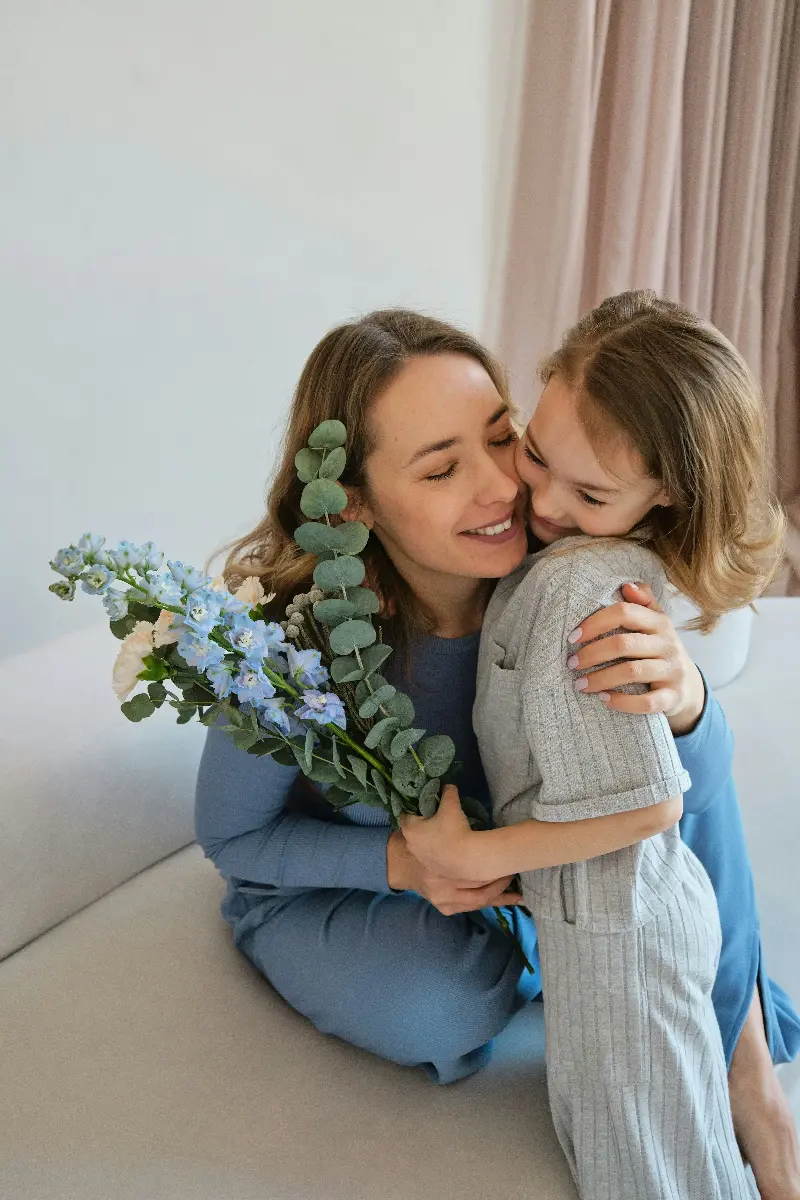
Imagine your child walking into a room, head held high, confidently greeting others and settling into conversation with ease. In today’s fast-changing world, social etiquette sometimes slips through the cracks, but good manners never go out of style. They are more than just ‘please’ and ‘thank you’—they’re the foundation for self-respect, empathy, and future success.
When children understand and practise etiquette, doors open not only in social settings but in their self-image, too.
Scripts for Success: Practical Phrases Every Child Should Know
Equipping children with practical scripts—short, reliable phrases for everyday situations—prepares them to handle a multitude of public scenarios. It’s not just about rote memorisation, but about internalising respect and confidence.
Consider these powerful scripts:
- “Excuse me, may I join you?” – for joining a group.
- “Thank you for having me,” – after a visit or meal.
- “I’m sorry, I didn’t mean to interrupt,” – when a conversation is disrupted.
- “Is it okay if I try?” – when eager to participate.
- “No, thank you,” – declining politely.
- “Could you help me, please?” – seeking assistance.
These small utterances can transform a child’s sense of belonging and responsibility in a public setting.

Routines That Build Confidence: Making Manners Second Nature
Regular routines reinforce positive behaviour and make etiquette an effortless habit rather than a chore. Simple rituals at home can lay the groundwork for public confidence.
Try these family-friendly routines:
- Greeting Rituals: Each day, practise shaking hands (or waving) and making eye contact.
- Dinnertime Conversations: Take turns speaking, listening actively, and giving thanks for the meal.
- Thank-You Notes: Encourage handwritten notes after visits or receiving gifts.
- Role Play: Rehearse common scenarios, like being introduced to new people or responding to compliments.
Repetition turns awkwardness into poise and uncertainty into self-assurance.
The Power of Observation: Learning from Real-Life Role Models
Children are expert mimics. Watching adults with good manners imprints valuable lessons without a word being said. A child who sees their parents, grandparents, or teachers being respectful, considerate, and honest will naturally strive to follow in their footsteps.
- Pause and show respect during greetings.
- Listen without interrupting.
- Show gratitude, even in small ways (like thanking a bus driver).
Incorporating these everyday observations into your routine gives children real-life examples to aspire to—and surpass.
